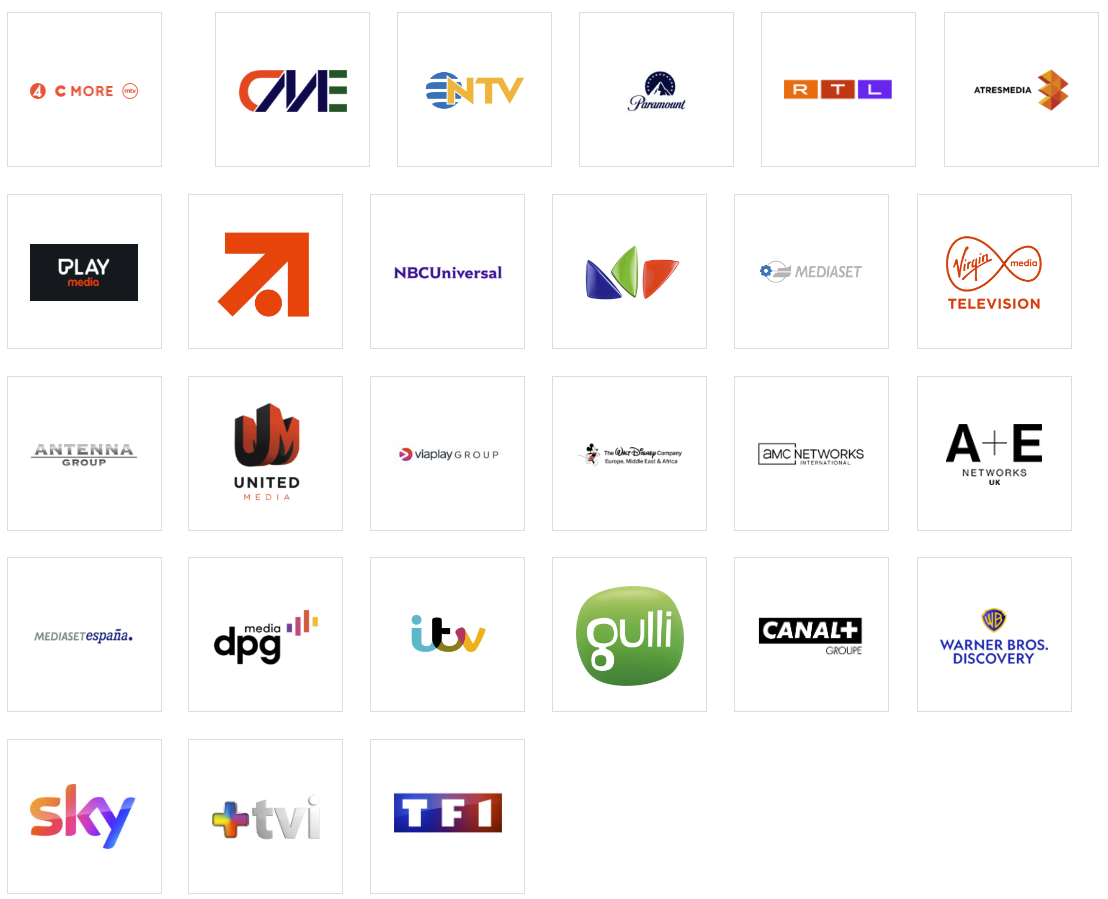-
chevron_right
Vietnam Forms Specialist Unit to Tackle Pirate Sites Linked to “Organized Crime”
news.movim.eu / TorrentFreak · Wednesday, 18 October, 2023 - 17:51 · 4 minutes
 Accurately predicting how, when and where the next wave of pirate sites will emerge to become the next big threat is much easier said than done.
Accurately predicting how, when and where the next wave of pirate sites will emerge to become the next big threat is much easier said than done.
At any point, one of several moving parts could rule a country out for a few years, or propel it straight into pole position. From rapid development of internet infrastructure to a new generation blessed with the right skills, joining the workplace at just the right time, anything is possible in the shifting sands of piracy.
The MPA accurately predicted the chances of Vietnam becoming an online piracy hotbed many years ago. Yet despite every conceivable effort, progress to disrupt sites like Fmovies and Aniwatch (formerly Zoro.to) which enjoy close to a quarter billion visits every month, progress has been slow when compared to efforts in other regions.
The current state of play features Vietnam as the home of some of the world’s most popular pirate sites, together servicing at least two billion visits each month, but potentially many more.
What Can Be Done About the Worst of the Worst?
Following a September report highlighting piracy of live sports in Vietnam , last weekend the Ministry of Information and Communications held a workshop where stakeholders discussed matters related to pirate sites.
Inevitably, notorious sports streaming sites operating under the ‘Xoi Lac’ banner received several mentions due to unusual resilience and overall share of the ‘pirate’ market. Xoi Lac has evaded every disruption measure deployed over the past five years while attracting the wrong kind of attention from rightsholders thousands of miles away.
In a recent report to the USTR, the Premier League said that it considers Xoi Lac one of the worst platforms it has ever seen.
[The Xoilac websites] are some of the most egregious the Premier League has encountered, with infringement continuing on the site despite Vietnamese authorities attempting to block access to domains associated with the service, and widespread news coverage highlighting that the sites are infringing. In total, the operators have created over 300 domains within the Xoilac family to try and avoid disruption efforts.
Pirate sites can benefit from the publicity that goes hand-in-hand with this kind of attention; as The Pirate Bay said on many occasions: “This will just give us more traffic, as always. Thanks for the free advertising.”
Becoming a household name is a considerable milestone for any website. Unfortunately, the millstones of infamy are less beneficial, harder to shake, and for those in power, an obvious potential target. When other crimes enter the mix, anything can happen.
“They Are Associated With Organized Crime”
The Premier League’s USTR submission states that Xoi Lac’s operators appear to be based in the capital, but the follow-up comment is potentially more interesting. Major overseas rightsholders claim to know the identities of the people behind several Vietnam-based sites, yet many continue to operate with apparent impunity.
“The operators of the site appear to be based in Hanoi, Vietnam and seemingly operate with little concern for enforcement action being taken against them,” the submission notes.
While that’s a major concern for rightsholders, comments made during the workshop may signal changes ahead.
“The issue of copyright infringement is associated with organized crime. For example, the Xoi Lac channel is not simply a form of live-streaming online; it is also associated with online fraud, online gambling, and loan sharking for football betting,” said Nguyen Thanh Lam, Vietnam’s Deputy Minister of Information and Communications.
Comments like these are uncommon, especially when accompanied by a commitment to fight piracy.
Ministries Combine to Form Specialized Unit
Lam told the workshop that the Ministry of Information and Communications, the Ministry of Culture, Sports and Tourism, and the Ministry of Public Security, will establish a specialized unit to tackle copyright issues.
The Minister also highlighted the need to educate the public on why they should avoid pirate sites. That raises interesting questions in itself.
Aside from the popular state-run lottery, gambling is heavily restricted in Vietnam and those caught facilitating illegal gambling can end up in prison. Loan shark-style money lending is also illegal and an aggravating factor in illegal gambling prosecutions. Those who simply participate in illegal gambling face punishment if caught, yet even that hasn’t proven much of a deterrent.
On the assumption that the Minister’s claims about Xoi Lac are true, yet people still flood to the site, it seems likely that some are borrowing money from loan sharks to participate in illegal gambling. There are few scenarios in any country where that ends well for the in-debt gambler, people know it, yet still aren’t deterred.
That raises the question of what type of messaging could possibly deter people from watching pirated football streams, when anti-gambling measures have so obviously failed. A local report suggests that messaging may receive support from the police.
“In the near future, the Ministry of Information and Communications will have a plan to discuss with the police force to launch a peak attack and suppress crime in this field,” the report concludes.
From: TF , for the latest news on copyright battles, piracy and more.














